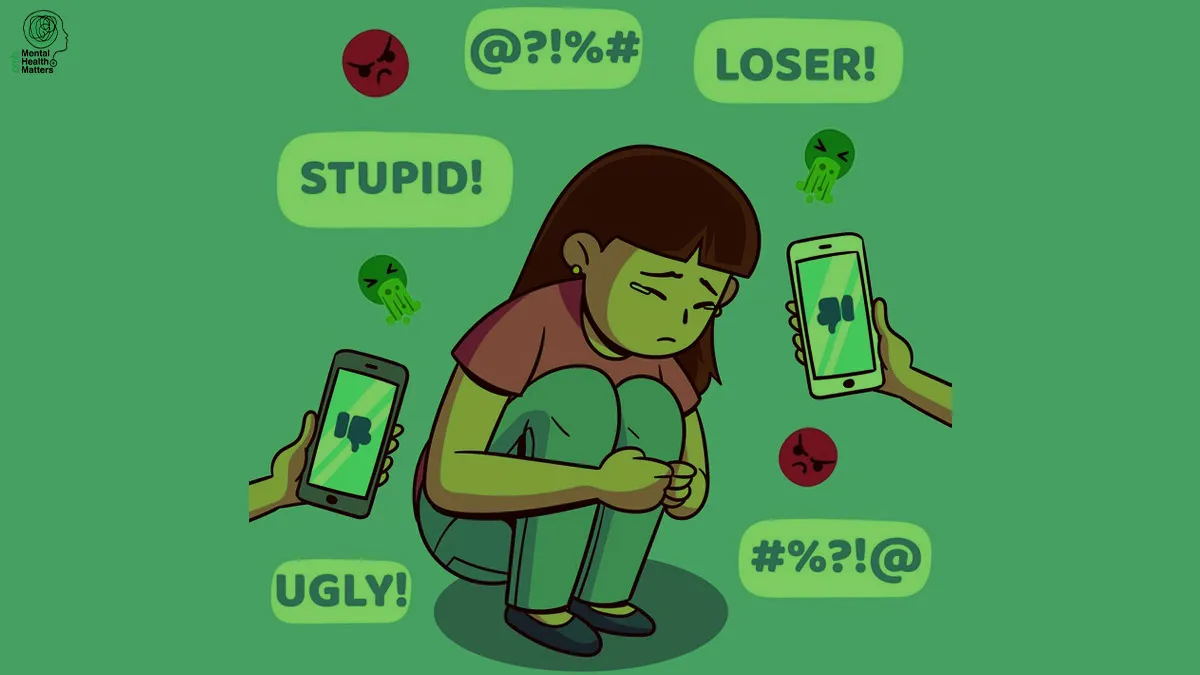
Every day, we wake up to new trends, viral videos, and posts that define what’s cool or popular. For many of us, especially young girls, there’s this constant pressure to keep up and be part of the latest buzz. While it can be fun to join in, it’s not always easy. The need for approval, fear of being judged, and comparing ourselves to what we see online can feel overwhelming. This constant rush to fit in often comes with a hidden cost to our mental health.
Table of Content:-
CHECK YOUR
MENTAL HEALTH

This week, in our "Mental Health Matters" series, we reached out to Sushmita Upadhaya, Clinical Psychologist, LISSUN (Mental Health Platform), who explained how the mockery of trends and the quest for validation online are impacting mental well-being of girls and how we can break free from this toxic cycle.
“A trend refers to a pattern or a direction in which something is changing. The media is filled with hashtags that define these trends, which can take the form of reels, memes, comments on posts, or even songs. The constant need to stay ‘in’ and be accepted by others sometimes creates immense stress pushing to compromise time, money, and comfort. Over time, this has a negative impact on mental health,” explained Upadhaya.
Adolescence: A Crucial Stage for Identity Formation
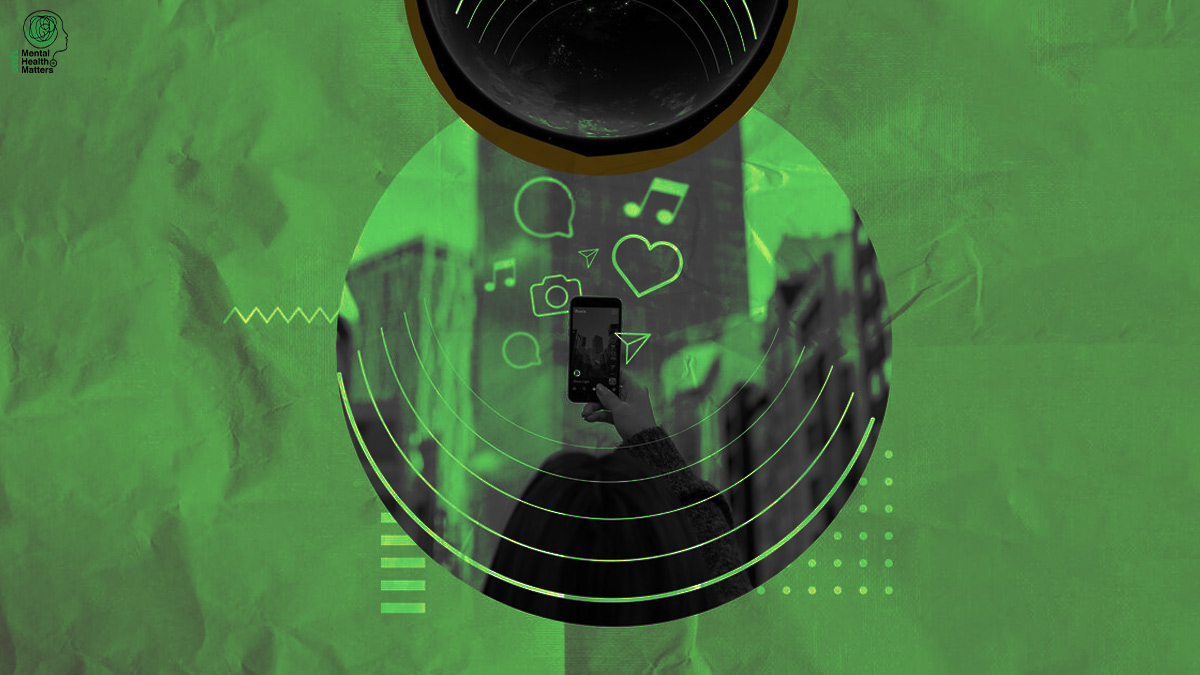
According to Erik Erikson's Psychosocial Theory of Development, adolescence is a critical time for identity formation. This stage of life is deeply influenced by social acceptance, which directly impacts a young person's sense of self-esteem and self-worth. During this period, positive social interactions promote a healthy sense of identity, while rejection or mockery can lead to confusion and insecurity.
For girls, the adolescent years are often marked by a desire to belong, to be accepted, and to fit in with their peers. The media, with its endless stream of beauty standards, social comparisons, and viral trends, plays a significant role in shaping how young girls view themselves. A 2008 meta-analysis found that media exposure to thin-ideal body types is directly linked to body image issues in females.
Also Read: #AskTheExpert: Are Instagram Reels and Memes Affecting Your Mental Health?
The Influence of Social Media: Beauty Standards and 'Perfection Culture'
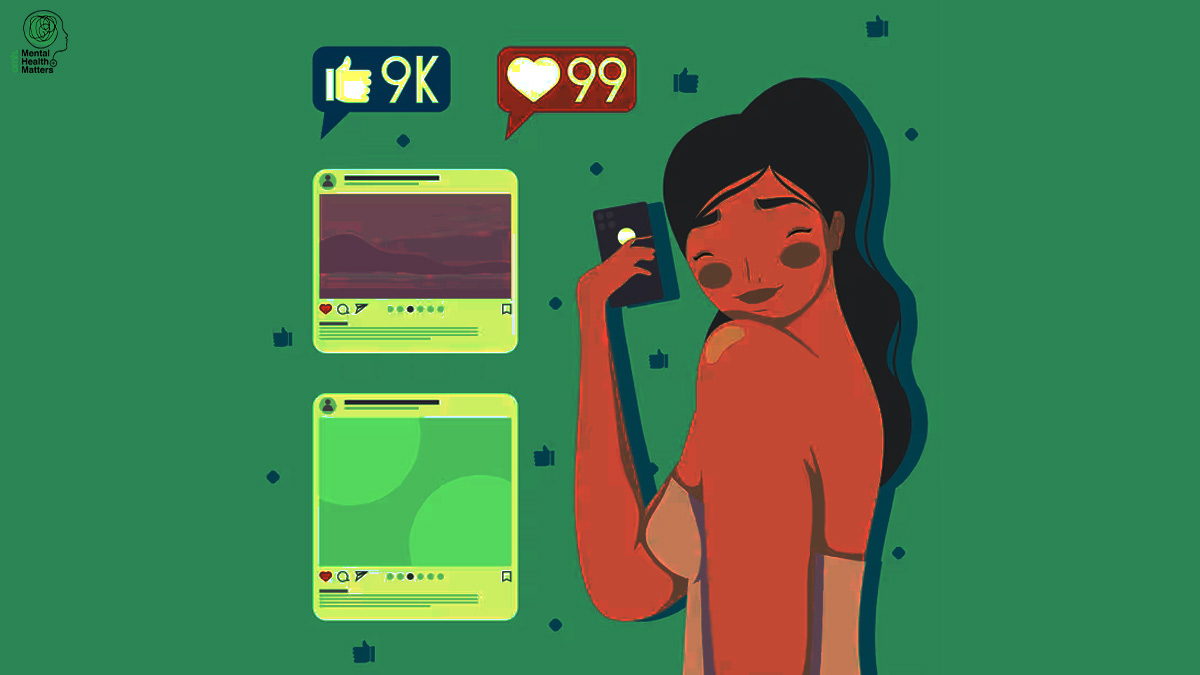
In today's digital world, social media is flooded with images that promote beauty standards, often enhanced by filters and editing. “These carefully curated images create a distorted view of reality, making it difficult for young girls to accept themselves as they are. The rise of 'perfection culture', the idea that only the flawless, idealised version of oneself is worthy of admiration intensifies these feelings. When mockery targets a girl’s appearance online, it reinforces these unrealistic beauty ideals and worsens body image concerns,” said Upadhaya.
Girls are especially susceptible to these pressures, as they may feel compelled to match the physical traits that are glorified in online spaces. As a result, many struggle with feelings of anxiety, depression, and body dysmorphia. The mocking of one's appearance or personality can lead to intense self-consciousness, which, over time, becomes an internalised form of criticism. This self-criticism often spirals into poor mental health, creating feelings of insecurity and self-doubt.
Social Comparisons: The Pressure to Conform
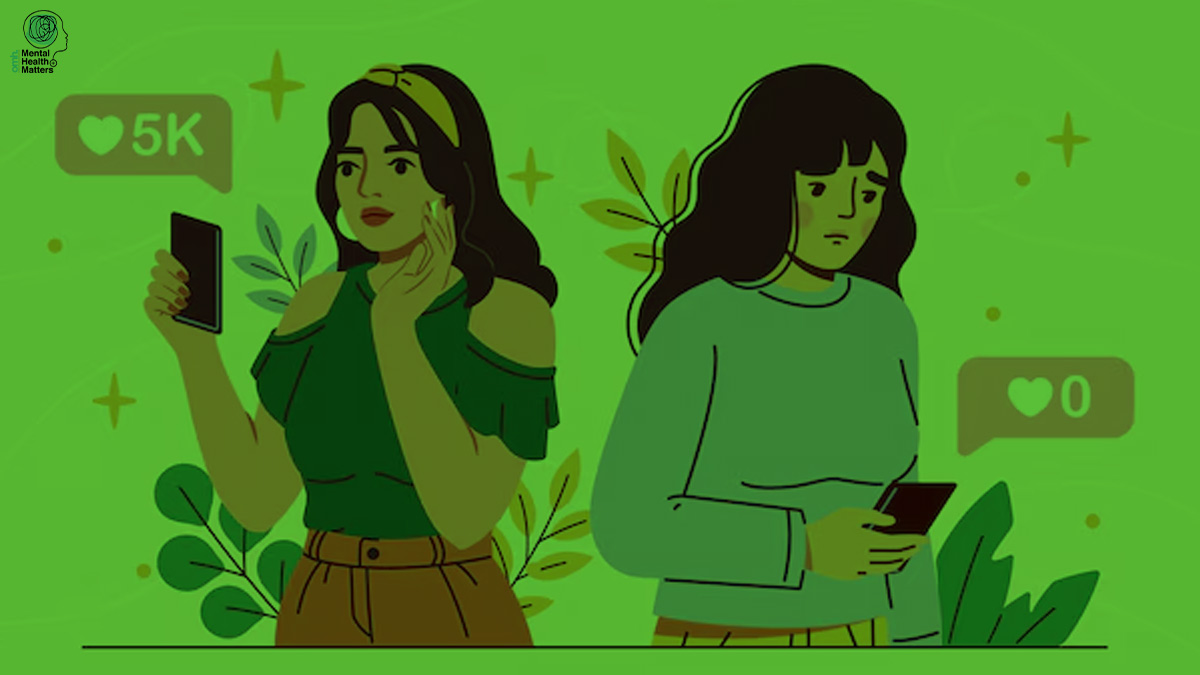
The rise of social media has also given way to social comparisons, where girls constantly measure their worth against others. Whether comparing their looks, accomplishments, or lifestyle, the constant need to keep up with others can feel overwhelming. In particular, trends on platforms like Instagram and TikTok can amplify these pressures, as popularity often means conforming to unrealistic standards.
According to a 2020 study, body dissatisfaction was strongly linked to time spent making social comparisons, particularly when comparing oneself to idealised female figures online. The most significant connection to poor body image was found when individuals rated themselves less favourably compared to their close friends.
When a girl is mocked for not fitting into these standards, it can lead to intense feelings of isolation and embarrassment. “The fear of judgement can even prevent girls from participating in online activities. This fear of mockery and rejection creates a reluctance to engage in social media, hindering opportunities for personal growth and meaningful connections. Persistent exposure to these experiences has been linked to stress, sleep disturbances, and an increased risk of anxiety and depression,” explained Upadhaya.
Also Read: Navigating the Digital Jungle: Understanding the Link Between Social Media and Social Anxiety
The Dangers of 'Going Viral': The Quest for Validation
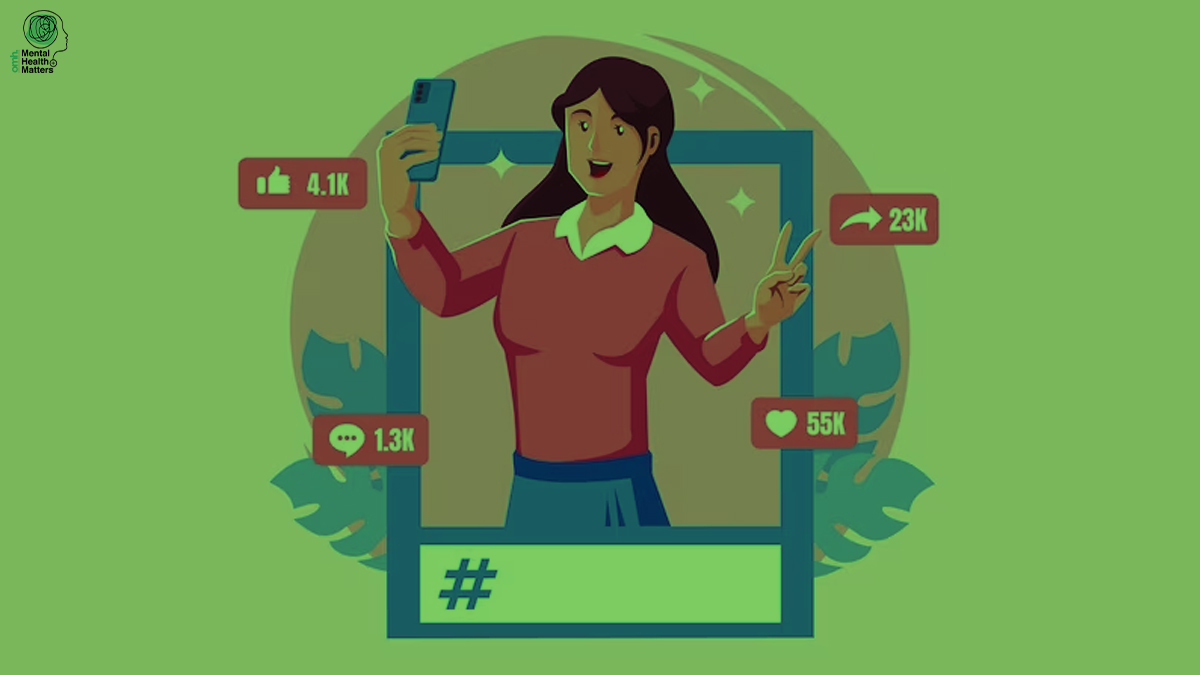
In the pursuit of online validation, some individuals create content with the sole purpose of gaining attention, even if it means inviting mockery. While some succeed in going viral, others face ridicule, which can take a serious toll on their mental health. The desire to be seen and acknowledged on social media can easily become an unhealthy obsession. For adolescent girls, this obsession can cause them to measure their worth based on likes, shares, and comments.
A 2017 survey by the Dove Self-Esteem Project revealed that 5 out of 10 young females experience moderate to high pressure to appear beautiful. Similarly, 6 out of 10 feel the pressure to always look acceptable.
The need for external validation can create a toxic environment where self-esteem is tied directly to online approval. When girls are not met with positive feedback, it can lead to feelings of inadequacy, low self-worth, and persistent self-doubt. As a result, their mental health may deteriorate, as they constantly seek validation from an ever-demanding digital world.
The Role of Mental Health Professionals
“Mental health professionals play an important role in equipping girls with the resilience needed to navigate social media. By fostering awareness and promoting the understanding that social validation is transient, girls can be better protected from the negative effects of mockery. Teaching them self-compassion, encouraging positive body image, and promoting offline hobbies can provide a healthier balance,” concluded Upadhaya.
[Disclaimer: This article contains information provided by an expert and is for informational purposes only. Hence, we advise you to consult your professional if you are dealing with any health issues to avoid complications.]
How we keep this article up to date:
We work with experts and keep a close eye on the latest in health and wellness. Whenever there is a new research or helpful information, we update our articles with accurate and useful advice.
Current Version